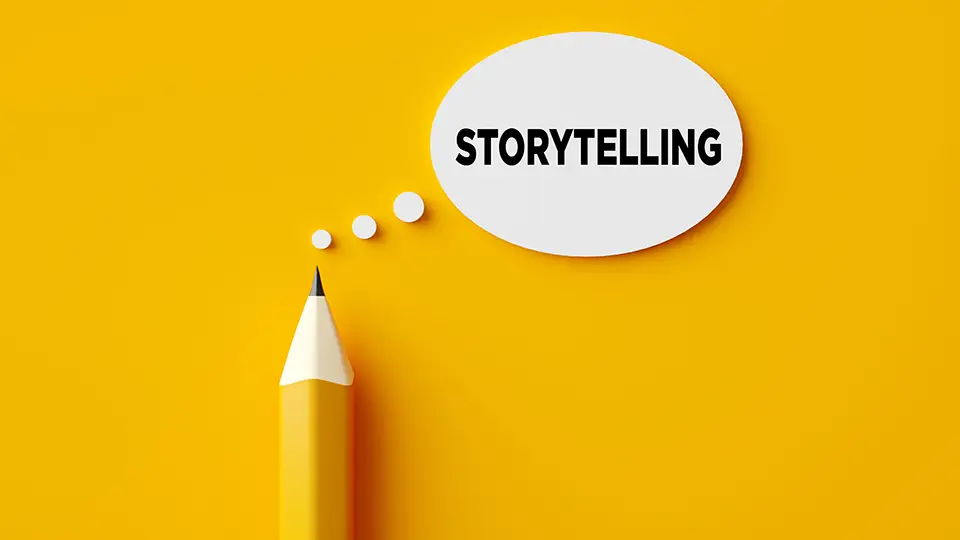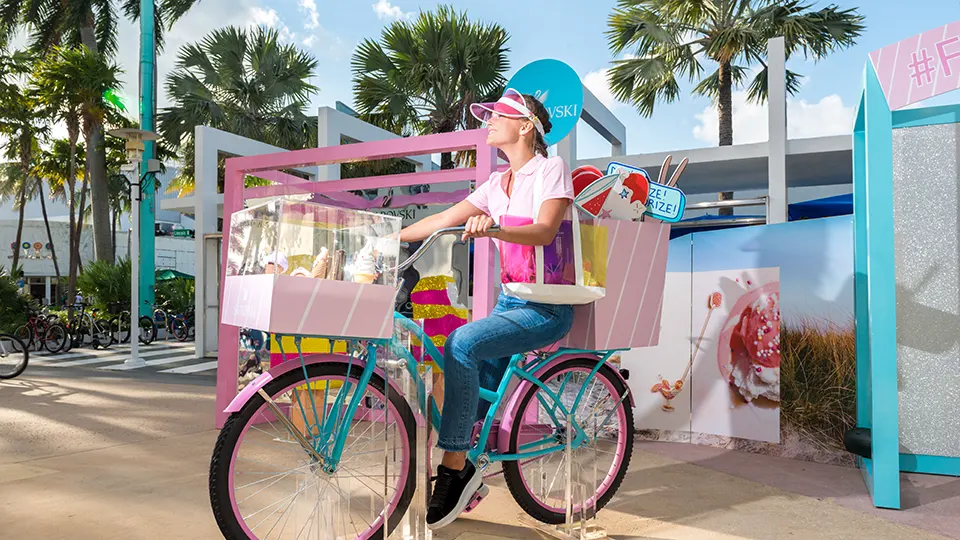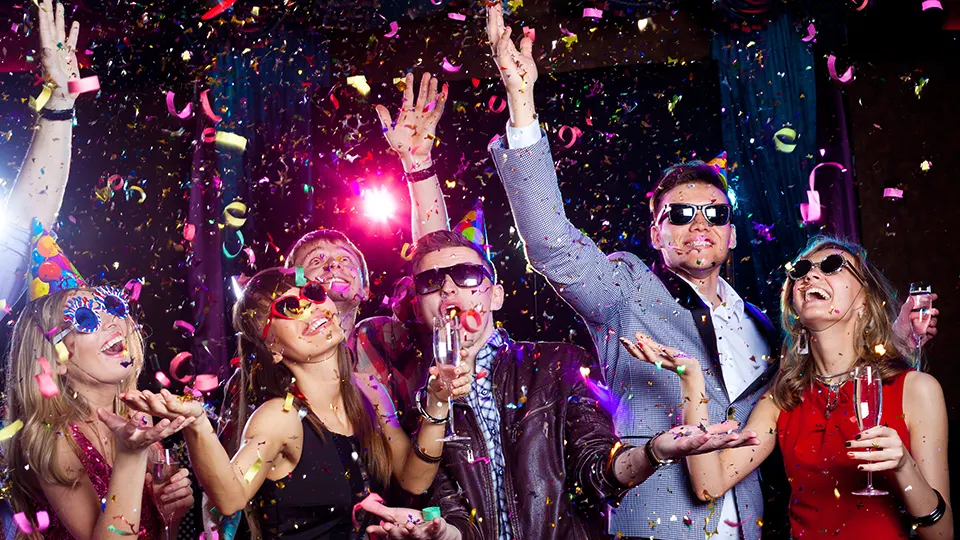Storytelling in events relies on the five senses. Of those, touch may be the most important.
Think about networking – arguably the top motivator for participating at in-person events in the post-Covid world. One hug or handshake can add depth to a business relationship begun on Zoom.
But more than that, touch is special because it has a double-meaning. When you touch something or someone, there is an emotional reaction.
To capture your audiences’ attention, planners need to connect emotionally, says Valerie Bihet, VIBE Founder and Director. In other words, you have to touch something inside them through a story.
“Storytelling helps you define the message or theme of the event – and you have to make sure that every aspect of the event is really tied into that narrative,” she says.
The best way to accomplish this is through storytelling built upon the five senses. Here, we take you on the journey.
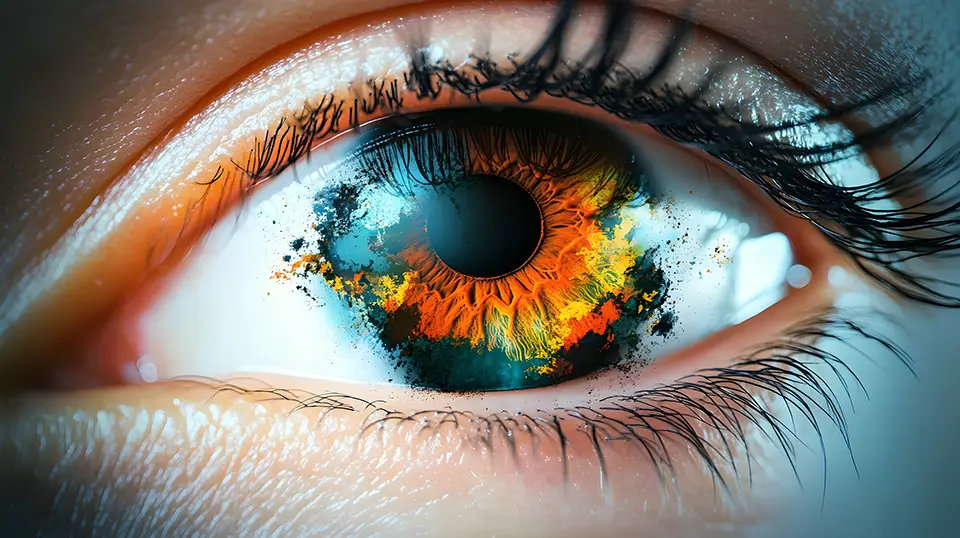
1. Sight
Seeing is believing. “Video is powerful because it’s engaging,” Valerie says.
When convincing would-be attendees to register, show your story. Place your highlight reel from past events on social media and on your website.
Adding testimonials throughout your registration campaign is another powerful tool. Sharing videos throughout the event in general sessions and on screens at your venue adds layers to your story.
Usually, two to three minutes is a good length, advises Valerie. But remember Instagram and TikTok have shorter time limits and webinars will be longer.
Of course, planners must bring the event to life at the show – the culmination of the storytelling.
Work in highlights from the marketing campaign through color choices – Valerie often prefers purple and pink – as well as speakers and exhibitions that share different aspects of your theme.
Once the event is complete, the cycle begins by sharing the sights to encourage repeat and new attendees for the next event.
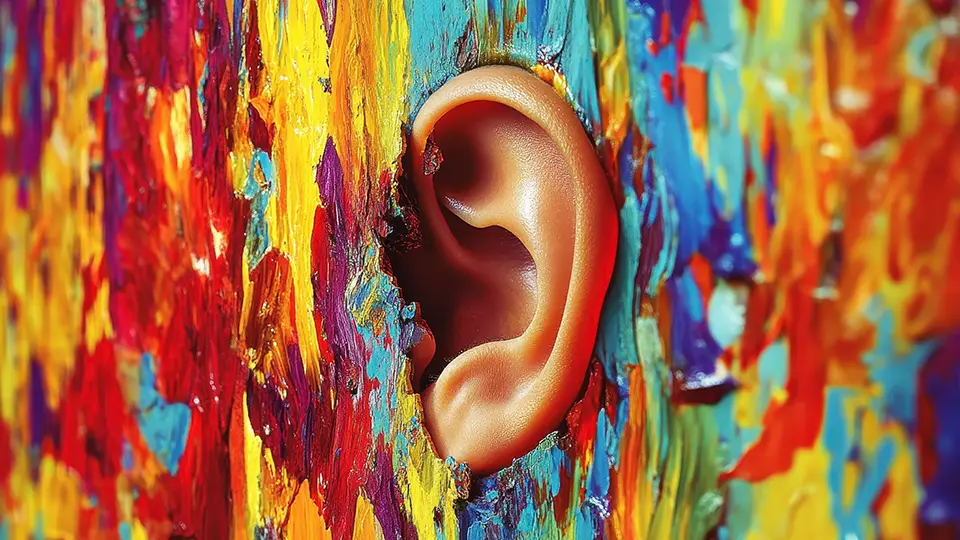
2. Sound
Think about the power of Morgan Freeman’s voice. The actor draws you in whether he is describing penguins marching or advocating for social change.
Planners may not be lucky enough to hire Freeman, but their message can resonate with other sounds.
Highlight the destination when creating a soundtrack for your event. Add a touch of jazz if you’re headed to New Orleans or include some ukulele strums to build excitement for an incentive trip to Hawaii.
Continue on-site with local musicians, whose performances give a sense of the city’s culture.

3. Smell
The aroma from a food or drink station is more powerful than the water cooler people are used to talking around.
A natural ice breaker, scents can spur memories that kick off conversations.
The right smell makes your event feel more real – like smelling the animals at a farm during a night out for a Western-themed event or reception. Attendees will talk about the sensory experience for years.
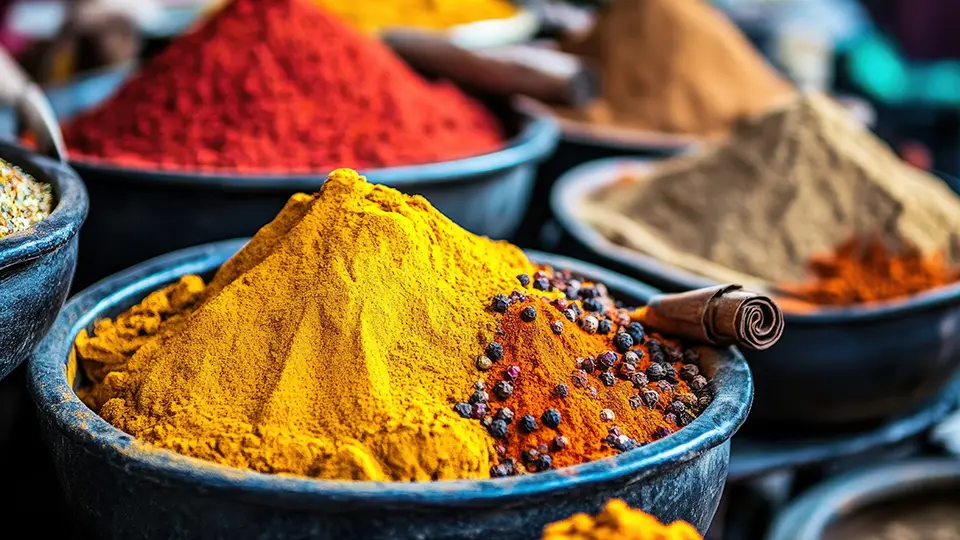
4. Taste
Few things give a taste of a meeting’s destination than the food.
Nothing beats barbeque in Texas or Kansas City, chili in Cincinnati or fresh fruit in Florida.
Planners can take it a step further, depending on the theme.
Eco-friendly and science-based conferences can provide plant-based meals that not only taste good but reinforce healthier lifestyles.
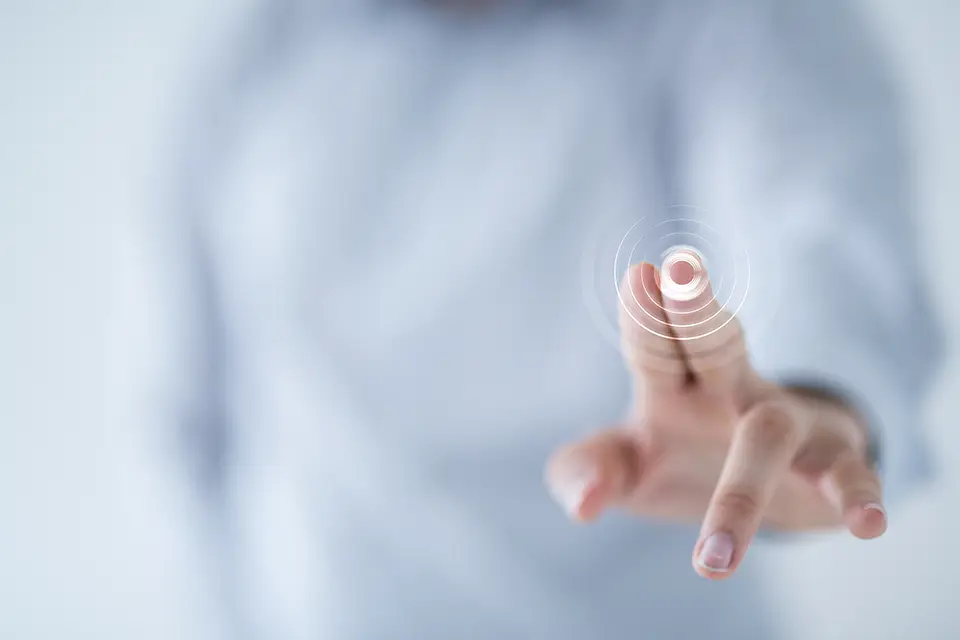
5. Touch
Holding something can quickly transport attendees at your event.
That’s why Valerie likes to have a small gift ready at a hotel for her guests. Incentive planners can also get a step ahead by presenting flowers to arriving attendees.
Flash forward to a conference and consider the pride reward winners feel holding trophies recognizing their hard work.
That tangible touch is also why tech conferences love to use demos of new products. Once attendees have that memory of using the device, a connection has been built.
Whether your event is tech-based or an incentive to a tropical island, planners have to make that connection or months of effort is lost, Valerie warns. Authenticity is key, or attendees will see-through it.
“You can’t be overly sentimental – it has to flow naturally,” she says. “You need to build a genuine connection.”
